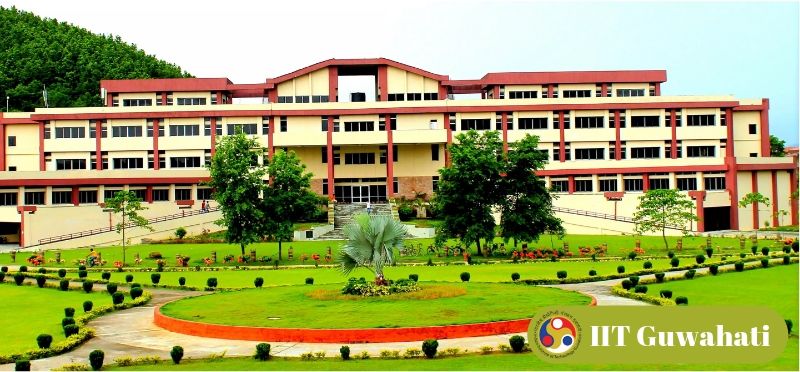
Scientists from IIT Guwahati have developed a new test kit that makes detecting malaria easy.
In-Detail
- Malaria is a continuing burden on India.
- Over a million cases were reported in the year 2017.
- Detecting the disease early will help save millions of lives.
- Making such detection easy, scientists from IIT Guwahati have developed a paper-based malaria test kit and detection method which is Simple, Fast and Reusable.
- Using the kit, Plasmodium Falciparum, the malaria-causing parasite can be detected.
The Instruments
- Scientists were able to detect the antigen released in the bloodstream by the malaria parasite using a simple syringe fitted with magnetic beads and some chemicals.
- The magnetic bead-tethered aptamers (two different DNA molecules) captures only the specific antigen of the parasite, separates these from the blood serum to perform the reaction.
- As per the scientists, the detection kit will be cheaper when mass produced and works efficiently even in hot and humid conditions.
- One aptamer captures the antigen P. falciparum glutamate dehydrogenase – PfGDH of P.Falciparum strain and the other aptamer captures Plasmodium lactate dehydrogenase – PLDH which is common among Plasmodium species.
- These captured antigens when comes in contact with the chemical substrate in the syringe, turns the blue dye into pink.
- This dye is then adsorbed over a chromatographic paper.
- Pink colour on the paper is a direct indication of the presence of P.Falciparum in the blood serum.
- The colour intensity increases according to the concentration of the parasite’s antigen in the blood serum.
Patent Application
- The scientist team has already applied for the patent for one aptamer and the detection strategy.
- In the next phase, scientists will field trial the kit for point of care applications.
Also, read:
- Debt Resolution Norms Eased
- UNICEF Study On Swachh Bharat Abhiyan
- Kerala Again Under The Grip of Nipah Virus
Conclusion
- Quick detection of the parasite in the blood will enable healthcare professionals to act quickly to cure the patient of malaria.
- The development of a detection kit indigenously will be cost-effective and will help the government achieve its target of eliminating malaria from the country by 2030.
Note: We are going to start New Batch GS Foundation Course on 19 June 2019. also, read daily current affairs here. For brief details contact with our consular.

Leave a Reply
You must be logged in to post a comment.